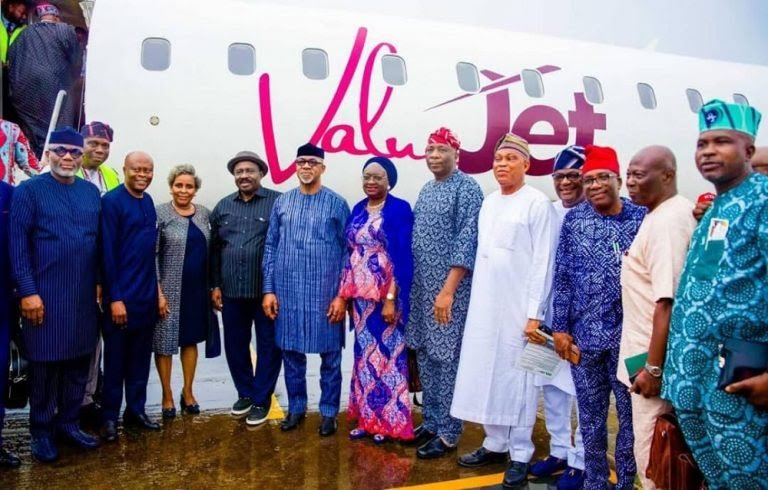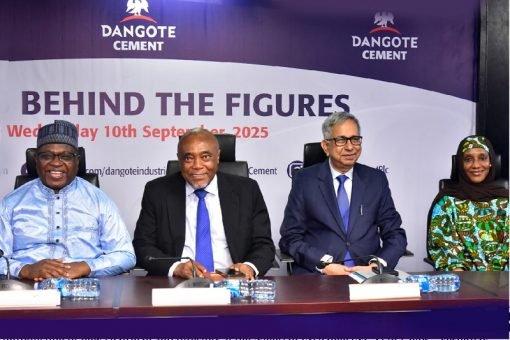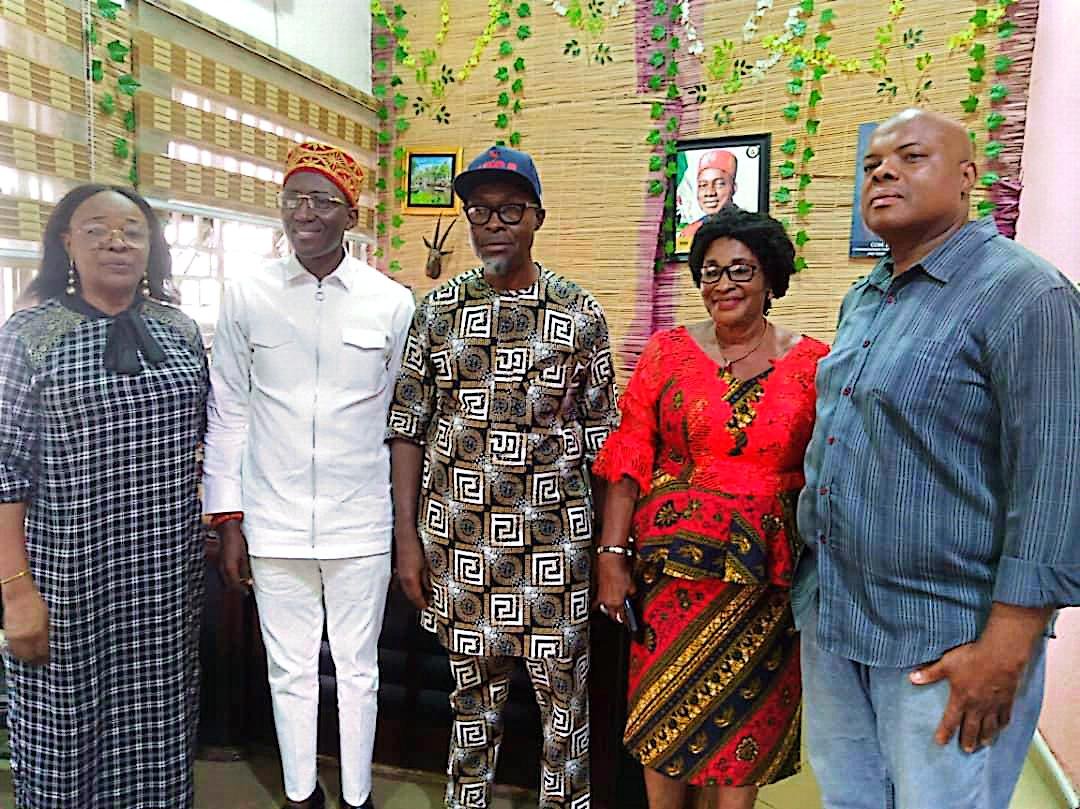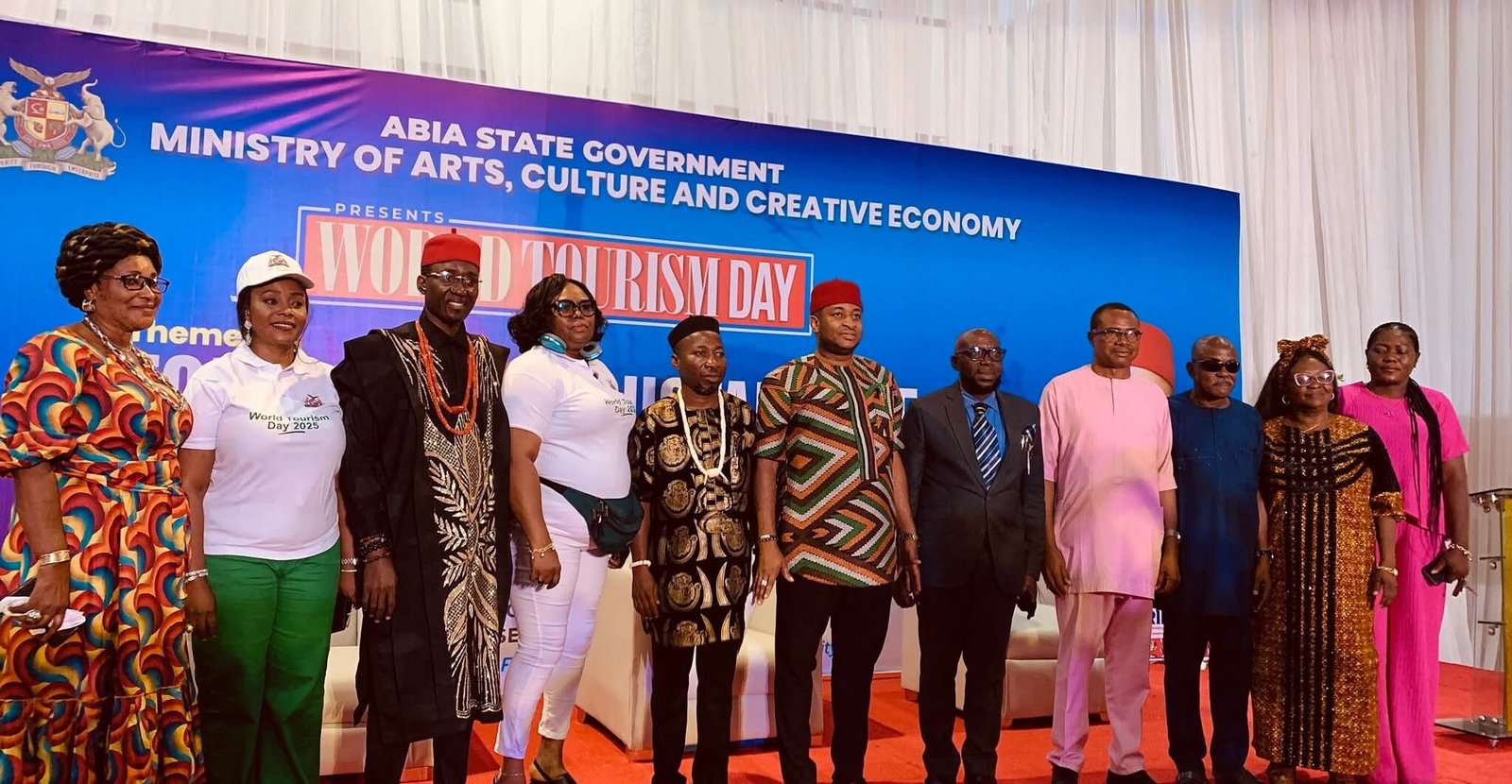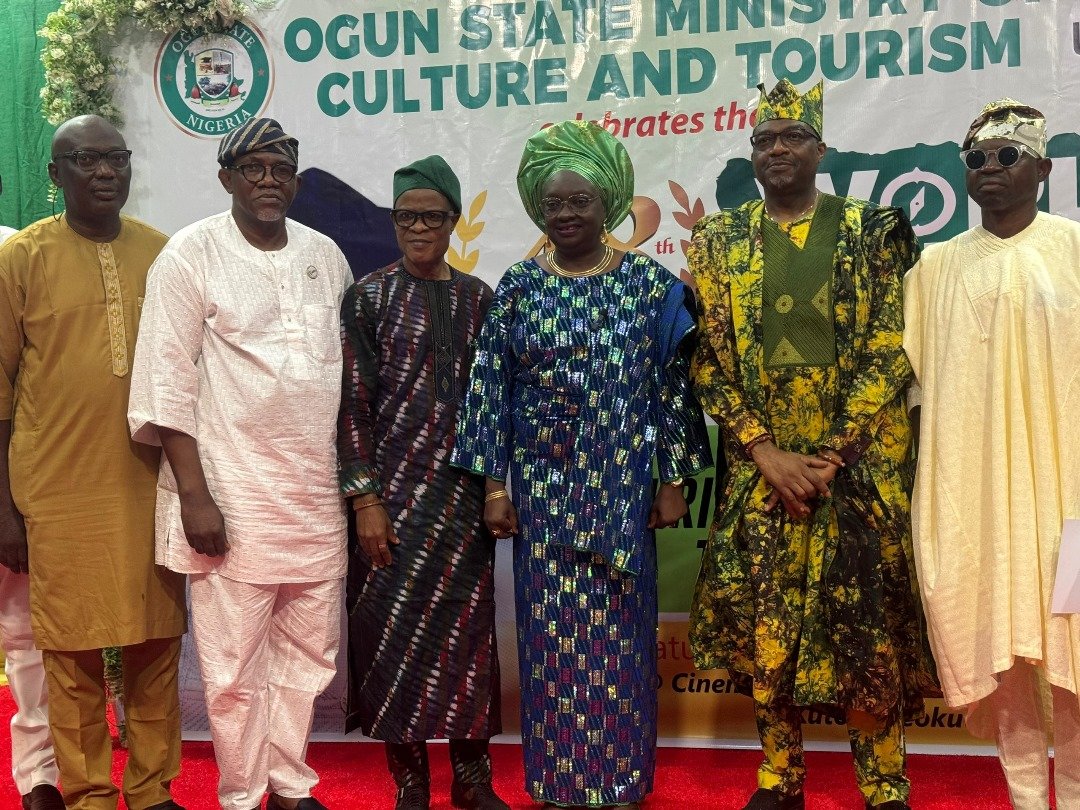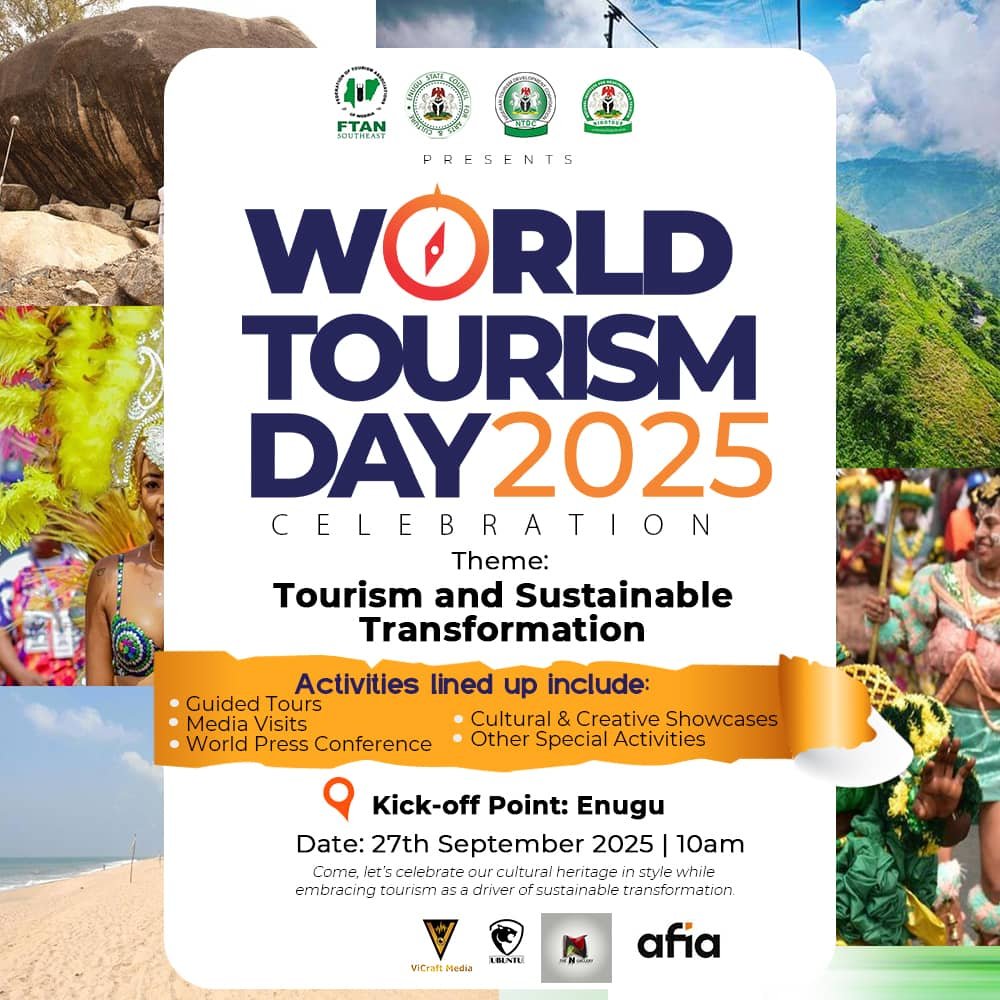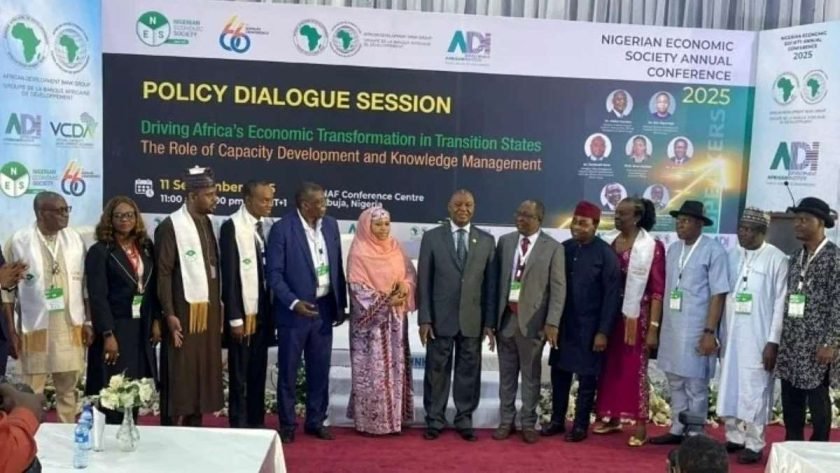
The African Development Bank (AfDB) has disclosed that Africa’s transition states will require about 210 billion dollars annually to achieve sustainable structural economic transformation.
This was revealed by Dr. Abdul Kamara, Director-General, Nigeria Country Department of the AfDB, during a policy dialogue session at the Nigerian Economic Society (NES) Conference on Thursday, 11th September 2025, in Abuja. The session was themed: “Driving Africa’s Economic Transformation in Transition States: The Role of Capacity Development and Knowledge Management.”
Challenges Facing Transition States
Kamara explained that despite Africa’s vast potential, transition states grapple with unique challenges that impede inclusive growth. These challenges, he noted, include fragile institutions, post-conflict reconstruction, limited fiscal capacity, and revenue mobilisation constraints.
“In spite of Africa’s potentials, transition states faced unique challenges, including fragile institutions, post-conflict reconstruction, limited fiscal capacity and revenue mobilisation constraints, all of which stifle inclusive development,” he said.
According to him, the AfDB’s 2024 study on inclusive growth and sustainable development in Africa highlighted key measures to accelerate the continent’s economic transformation.
Raising Growth Rates to Drive Transformation
The study, Kamara said, recommended that African economies must target annual growth rates of at least seven per cent while ensuring GDP per capita growth of no less than 3.5 per cent.
“So the continent must evenly distribute that growth and improve the quality of lives for Africans in the short, medium and long terms.
“This will require high levels of productivity in key sectors to drive Africa’s GDP, of course generally, but also GDP per capita growth rates to higher levels to improve inclusive and environmentally sustainable policies,” he explained.
The Funding Gap
While stressing the magnitude of the task, Kamara disclosed that Africa faces a funding gap of about 680 billion dollars per annum, with transition states bearing a significant portion of this shortfall.
“Colleagues, this is significant. And of course because of that significance, we have a funding gap in the order of 680 billion dollars per annum. So you can imagine what this means for transition states.
“For transition in Africa to achieve structural transformation, transition states will need or require 210 billion dollars per annum,” he said.
He added that sustaining such growth consistently over four to five decades is crucial if Africa is to achieve the United Nations Sustainable Development Goals (SDGs) and the African Union’s Agenda 2063.
Financing Constraints and AfDB’s Intervention
Kamara pointed out that although transition states require 210 billion dollars annually, they currently face a financing gap of about 188 billion dollars, which hampers progress toward structural transformation.
To bridge this gap, the AfDB, in collaboration with the African Union, has established a Transition Support Facility designed to channel resources into sectors critical for transformation.
“This facility channels resources into infrastructure, energy, education, technology and innovation, sectors seen as vital for structural transformation,” Kamara said.
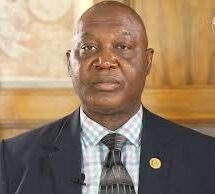
Beyond Growth: Building Inclusive Economies
Kamara emphasized that the AfDB’s vision for Africa goes beyond achieving growth figures. The ultimate goal, he said, is inclusive growth that creates jobs and ensures that Africa’s youthful population benefits from emerging opportunities.
“Beyond growth, the bank’s focus was on inclusive growth that created jobs and ensured young people had access to opportunities in emerging sectors,” he noted.
This, according to him, explains why the AfDB has prioritized investments in capacity development and creative enterprises, particularly through initiatives such as digital innovation hubs across the continent.
Spotlight on Nigeria: i-DICE Programme
Highlighting Nigeria’s example, Kamara cited the Investing in Digital and Creative Enterprises (i-DICE) programme, which is currently being implemented with support from development partners.
He described the initiative as a model for boosting innovation, entrepreneurship, and employment generation, particularly among young Nigerians eager to thrive in the digital economy.
Locally Driven Transformation
Kamara also urged African policymakers and stakeholders to take ownership of the transformation agenda by designing solutions tailored to the continent’s realities.
“Transformation could not be imported, but must be locally driven with the active participation of citizens and institutions,” he stressed.
Commendations and Commitment
The AfDB chief praised the Nigerian Economic Society for creating a platform for knowledge sharing and dialogue, which he described as essential for shaping the continent’s economic future. He also commended the Nigerian government for providing an enabling environment to host such a critical conversation.
Kamara reaffirmed the AfDB’s commitment to continue mobilizing resources and providing technical expertise to advance Africa’s development agenda.
He concluded: “The Bank remains fully committed to supporting transition states across Africa with both financial and technical support to ensure that the goals of sustainable and inclusive transformation are achieved.”


